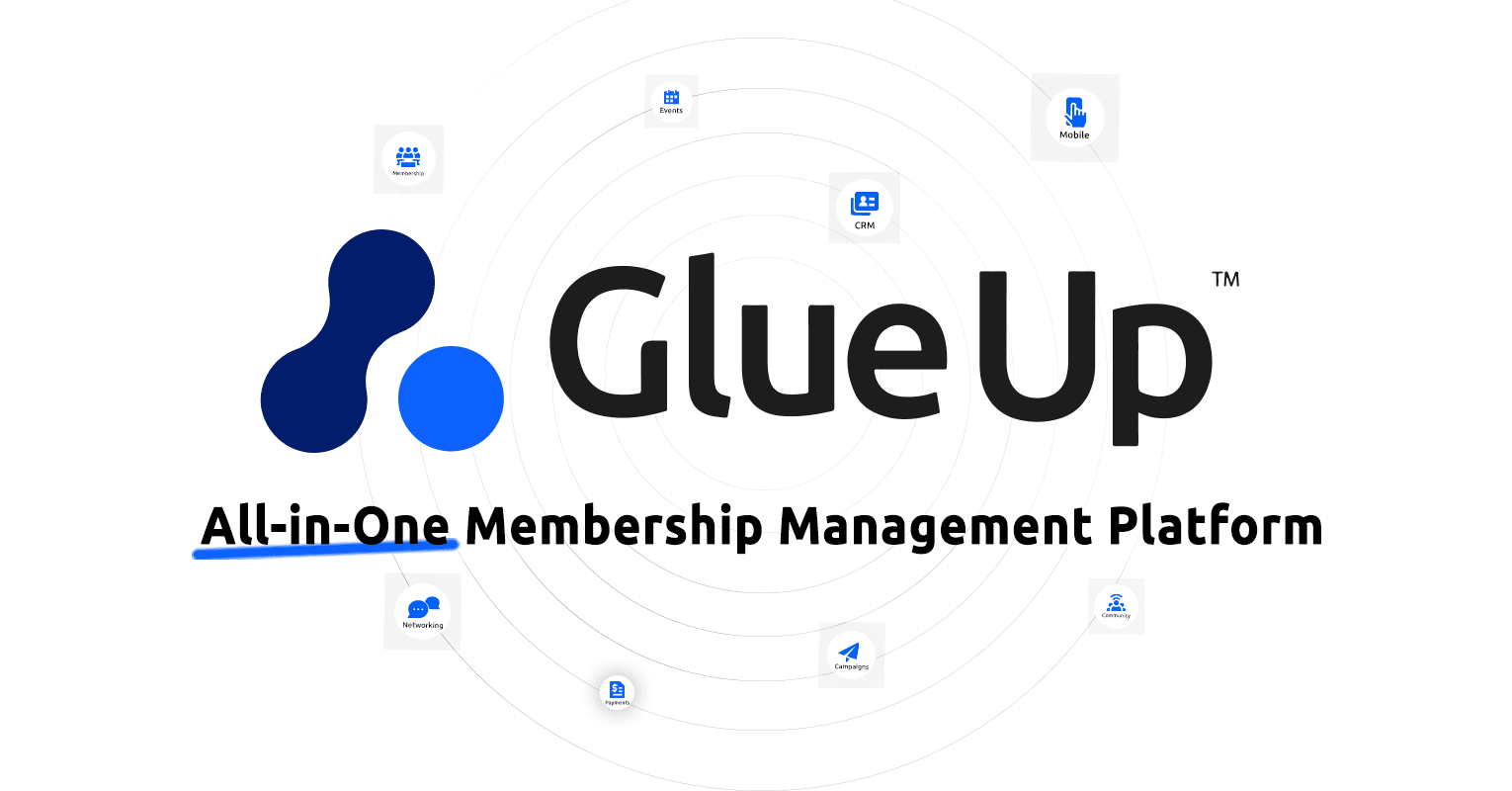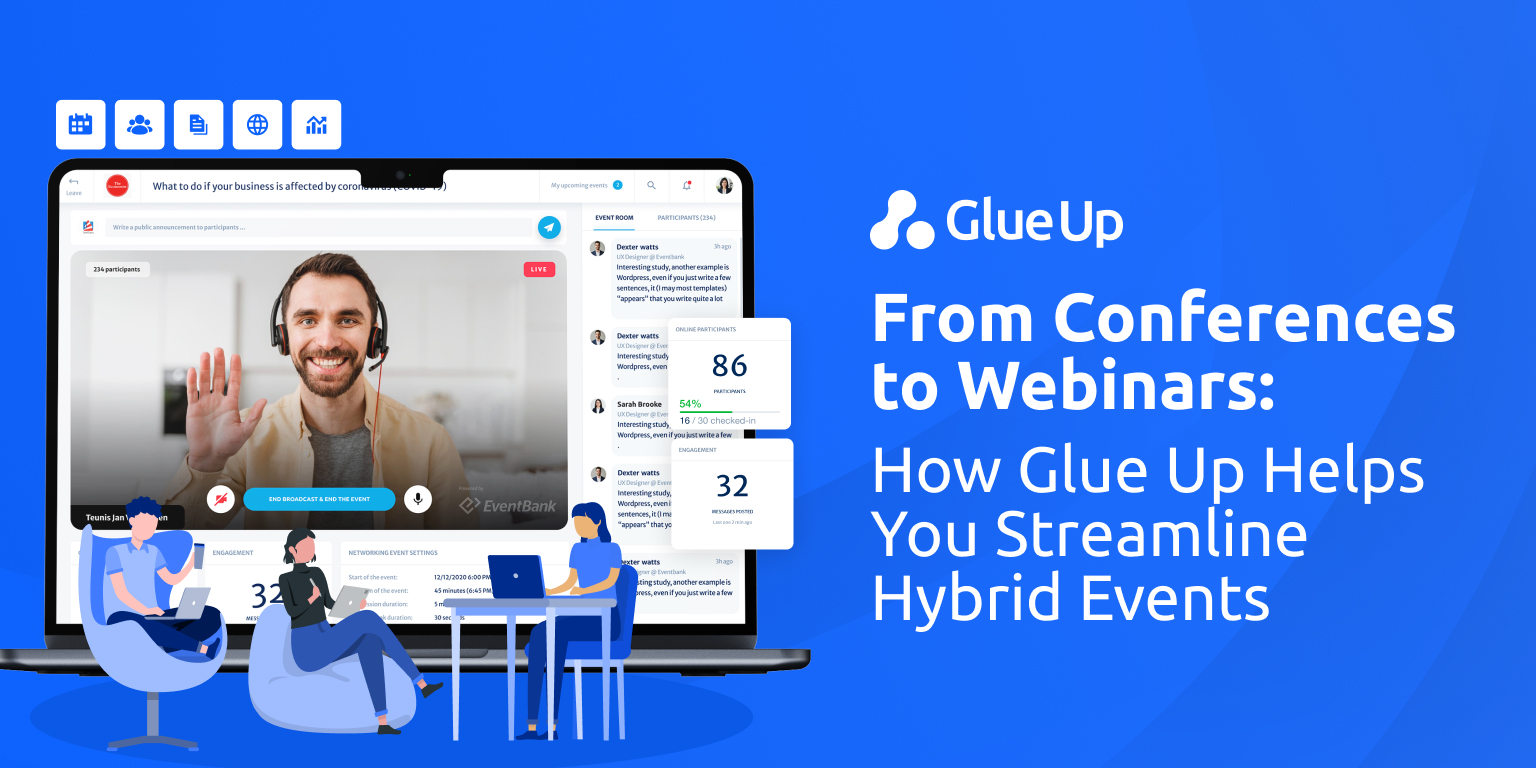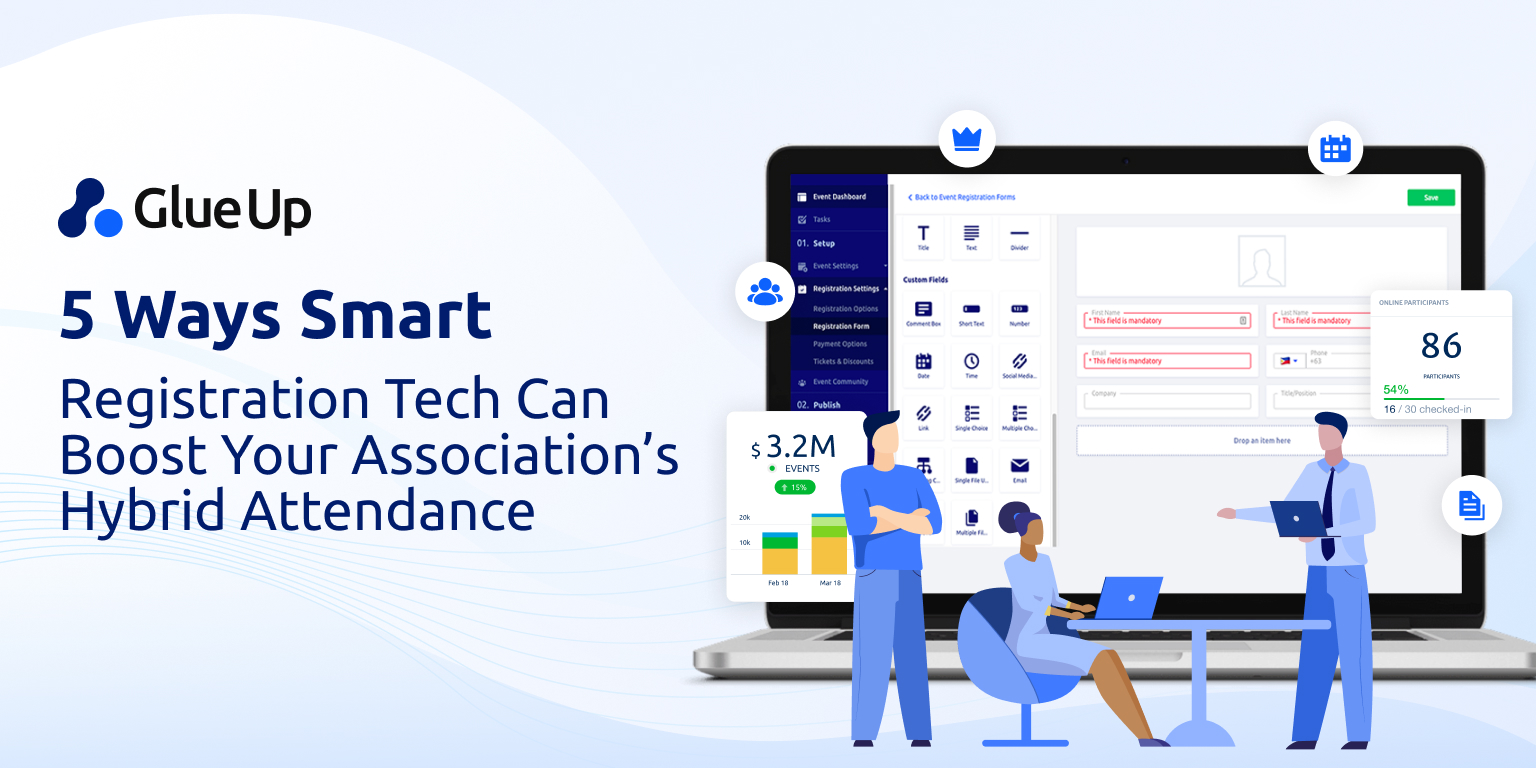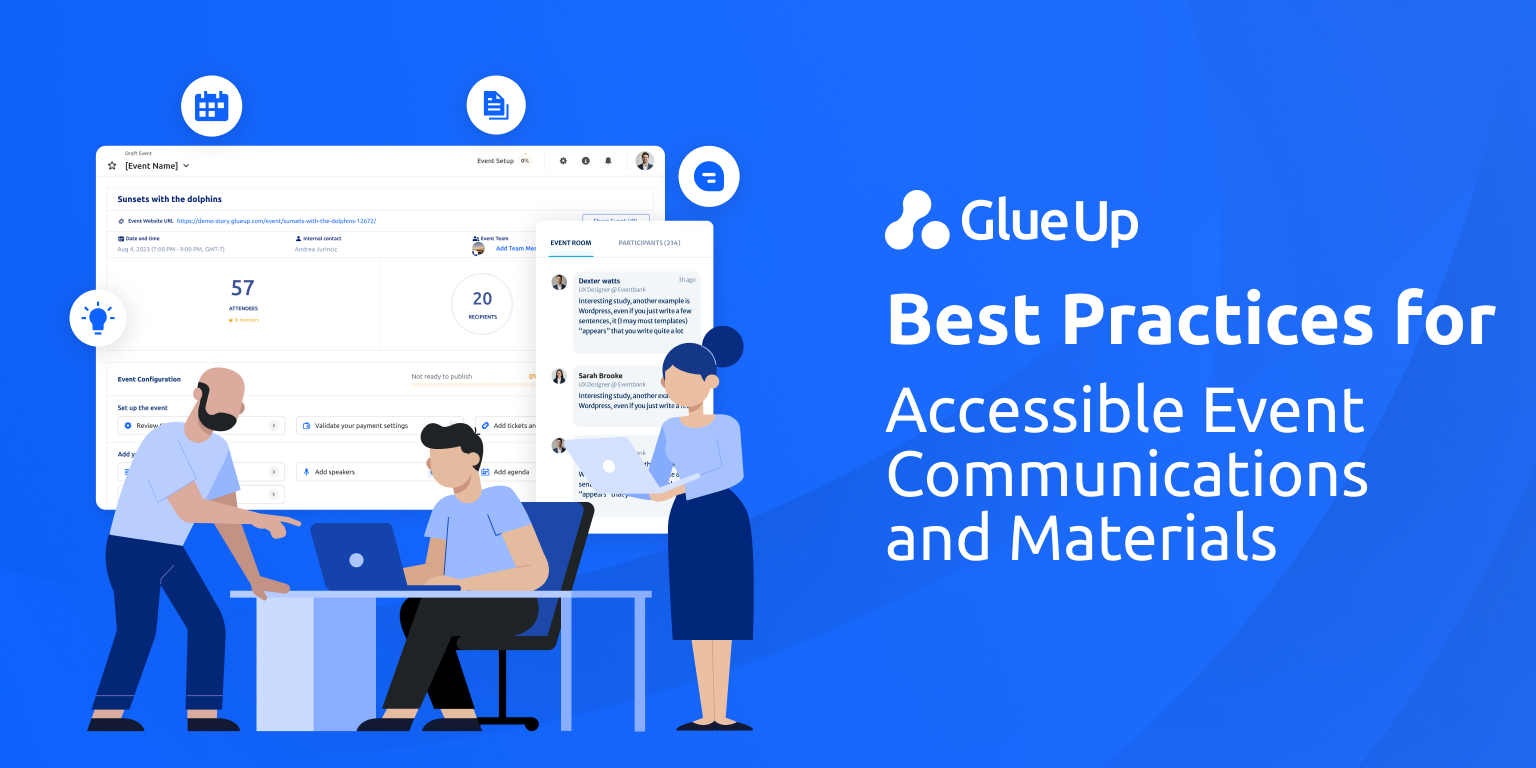
81% of people in the Philippines use social media to send messages every day.
64% of internet users in the Philippines say that what they read on social media influences their purchasing habits.
At Glue Up we’ve been engaging with events in the Philippines for years, and we’ve collected some great tips and tricks for marketing your event in the Philippines by speaking with the local professionals themselves.
We have the data, but they have the insights. Let’s take a look at what the data wants you to believe, and see if the local professionals agree or have something different to say.
We retrieved feedback from local professionals in the Philippines from our past event here.
1. Social Media
What the Data Says
Social media is by far and large one of the biggest centers of communication and brand affinity in the Philippines, and the probability of having your posts shared is very high, as the Philippines boasts some of the highest social media engagement rates in the world. So, which platform should you be using?
- Facebook is increasing in popularity with 19% increase in Philippines user-base.
- YoutTbe is decreasing in popularity in the Philippines in the last 12 months.
What the Experts Say
In Glue Up’s panel discussion event, ‘How do you define event engagement?’ in Manila, Philippines to help other event professionals discuss their challenges and strategies in event marketing in the Philippines. Let’s hear from local Filipino events professionals what they have to say about marketing their events in the Philippines.
"The success of ROI is first based on budgets, and second, based on objectives. Channels used include Facebook for sure, but is really just targeting the 30+-year-old range as younger Gen Z and Y audiences have flocked to Tiktok, Instagram and Snapchat. Younger generations don't use Facebook as much, as they tend to stick to using Facebook messenger, which has lead to agencies turning to chatbots instead. Instagram can be used for cross-market for a more mature millennial audience."
The Big Takeaway
Because data can sometimes never tell the difference between Facebook's main platform and it's Messenger service, it can be difficult to catch trends like usage of Messenger by younger audiences, versus say an older user that's 30+ years old using the main Facebook platform. This leaves opportunities for engagement via Chatbots or other promotional materials meant for a text messaging experience. When it comes to content that sensitive to age ranges or generational gaps, make sure you target your messaging according the platform it's being shared on. It might even be fruitful to leverage entirely different platforms for a target audience due to their content consumption habits.
2. Go Mobile-First
What the Data Says
What device your organization uses to be it's main focus of marketing efforts is extremely important, as this can often times dictate what type of content you create, it's format, and even the channels you use to advertise or organically grow on. So for the Philippines which device is used the most?
Here’s a highlight:
- Mobile users are expected to surpass desktop users by 2020 in the Philippines.
- Data bandwidth for mobile is surpassing local wifi routers and hotspots, leaving more users to abandon their PCs for content consumption.
What the Experts Say
"When on-site, it’s important to have an Event App, not just to help go paperless, but it’s a seamless way to both capture and engages attendees. In China, where WeChat is everything. All contact, sign in, and engagement is now done on WeChat, so the need to market both before, after and during is now the most important strategy in the modern era of events."
The Big Takeaway
To make sure you're engaging your audience to the best of your abilities, it extends well beyond marketing that brings them in, but also the marketing that keeps them engaged, and even past the event. What device the attendee uses ends up being key for this methodology, as it can be used as the medium for discovery, then used as the check in device, and then back to being a marketing medium for post-marketing outreach. Furthermore, it's important to note that this does dictate how your event's web presence looks and behaves. If your event page is not mobile-ready, then neither will be your event. Make sure that your digital tool or web developer is well aware to create your event page, including all forms and ticketing, with mobile in mind.
3. Leverage Video Content
What the Data Says
While Youtube as a social media platform is losing traction throughout 2019 in the Philippines, Video remains one of the highest conversion areas of marketing in the Philippines at 6.05%. So, where did all the video views go? In all likelihood, video content is shifting little by little from Youtube to Social Media feeds like Facebook and Twitter in the Philippines, and so when promoting your event, you should leverage video content in your sharing campaigns, or even spend money on them to boost the posts to a target audience on ad networks. Skip to slide 40 for more details.
What the Experts Say
"Video content is highly engaging, and bandwidth around the world is getting faster and more readily available, so much so that video can be the main source of engagement before and after events."
The Big Takeaway
When it comes to Video content, it's one of the most engaging methods of digital marketing for events in the philippines. The data shows it, and the experts agree. But, the missing link that the data doesn't say, and what Stephen does say, that may have gone over your head: "...before and after events". When it comes to event ROI, engagement takes a nosedive a few days after an event. There's rarely hard evidence the event took place and it can easily slip the mind of even the most engaged attendees and speakers. So make sure you're using just as much efforts in your post-event engagement as you are in your pre-event engagement. That means leveraging video on social as Stephen says, but also not forgetting proper email followups and social posts on other platforms. Further, the data supports that video content is coming to social feeds more than Youtube, and is very likely mobile-centric. Make sure your video content is best made for a mobile audience in the Philippines. Are you interested in taking your next Philippines event to a whole new level of engagement? Book a Demo with us, and we'll give you a tour of the fastest growing event and memberships management software in the world.



